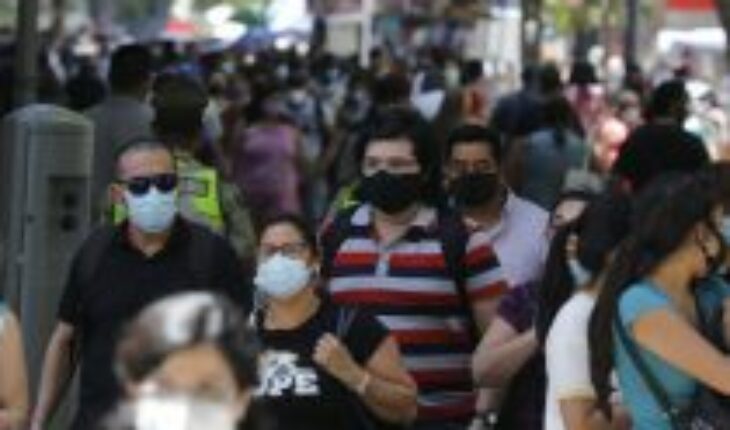Specialists in microbiology, public health, pharmacology and infectology have developed the first “Latin American call to action” regarding the use of serological tests to support vaccination policies (“The Role of Serology Testing in the Context of Immunization Policies for COVID-19 in Latin American Countries“).
As part of this effort, recommendations are included aimed at solving the current barriers and challenges for its use in the fight against Covid-19 in the region.
As explained by Dr. Miguel O’Ryan, co-author of this Call to Action and associate researcher at the Millennium Institute of Immunology and Immunotherapy of the University of Chile, “in a scenario like this and as the pandemic progresses along with the implementation of vaccination plans, serological tests are an important epidemiological tool to evaluate the immune response triggered by infection and vaccination, as well as the duration of the immune response.”
“This information is vital for designing effective pandemic response policies, including the planning, implementation and monitoring of Covid-19 vaccination plans. An effective response is essential to reduce the negative impact of the health crisis on the economy of the countries of the region,” said the expert.
Antibody tests detect the body’s response to a current or previous infection, even after the immune system has cleared the virus. This type of test allows you to see if the body has produced antibodies after being exposed to the SARS-CoV-2 virus, which causes the Covid-19 disease.
When are serological tests recommended?
Serological tests, also known as antibody tests, detect the body’s response to current or previous infection, even after the immune system has cleared the virus. This type of test allows you to see if the body has produced antibodies after being exposed to the SARS-CoV-2 virus, whether you have experienced severe, mild symptoms, or no symptoms as such.
Although these tests should not replace molecular (PCR) or antigen tests for diagnostic purposes, they can be used as a complementary tool when interpreting the results, combined with knowledge of the clinical and epidemiological situation. Antibodies can be detected from one to three weeks after infection and until at least six months after infection.
Comprehensively combating the pandemic
In the context of the pandemic, regional and global health entities such as the World Health Organization (WHO) and the Pan American Health Organization (PAHO), widely recognize the value of serological tests for monitoring and research purposes. However, there is no consensus on the use of serological tests to understand the robustness and durability of the immune response, particularly after vaccination.
“We know that collaboration between the public, private sector and academia are key to supporting the fight against the current health crisis and preparing for possible emergencies or future health crises. In that sense, the call to action reflects our interest in uniting different expert voices, with the main objective of positively impacting the well-being of individuals and society,” said Ana Rita González, CEO and co-founder of Policy Wisdom LLC.
The document identifies the relevance of having guidelines for the use of SARS-CoV-2 serological tests in Latin America and aims to support timely decision-making regarding the use of serological tests, raising awareness about their benefits.
Experts issue first call to action on serological testing in Latin America and its role in the Covid-19 pandemic
January 17, 2022 |





